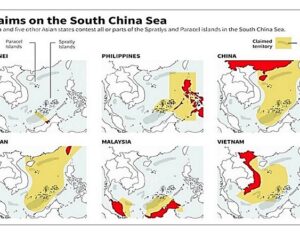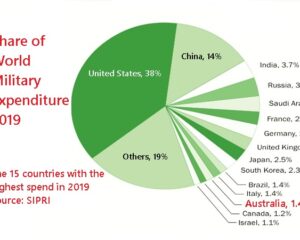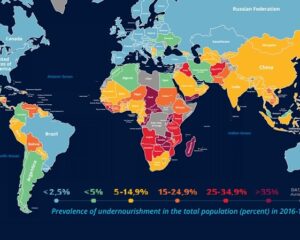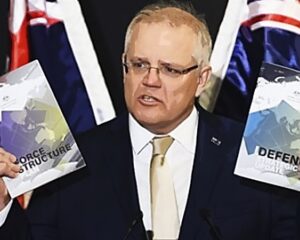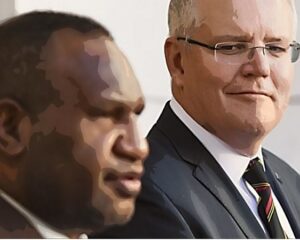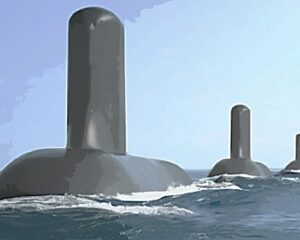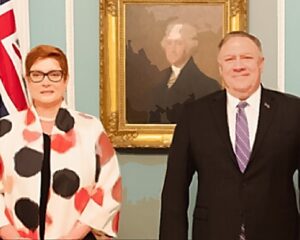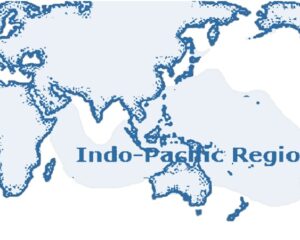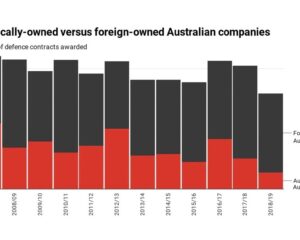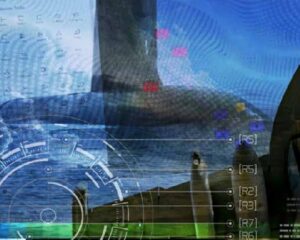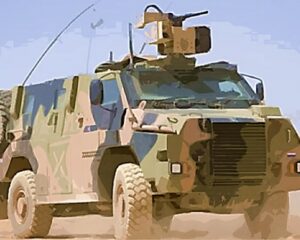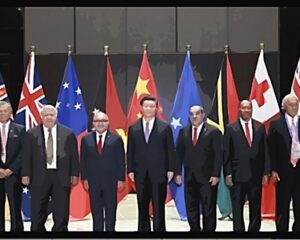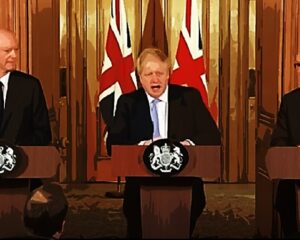Despite Australia and the United States having no direct interest in continental shelf claims in the South China Sea, both have recently joined the debate. Both appear to have sought maximum publicity for their submissions – which have been reported as providing the basis for confronting and false media headlines, such as ‘Australia says China’s claims to disputed islands are ‘invalid’ and are not consistent with UN convention on law of the sea’. In fact there is nothing new in the Australian or US statements despite suggestions that they reflect new aggressive stances against China, and it is not clear why Australia and the United States made statements at this particular point in time other than to add another dimension to the intensifying rivalry with China.
Read more